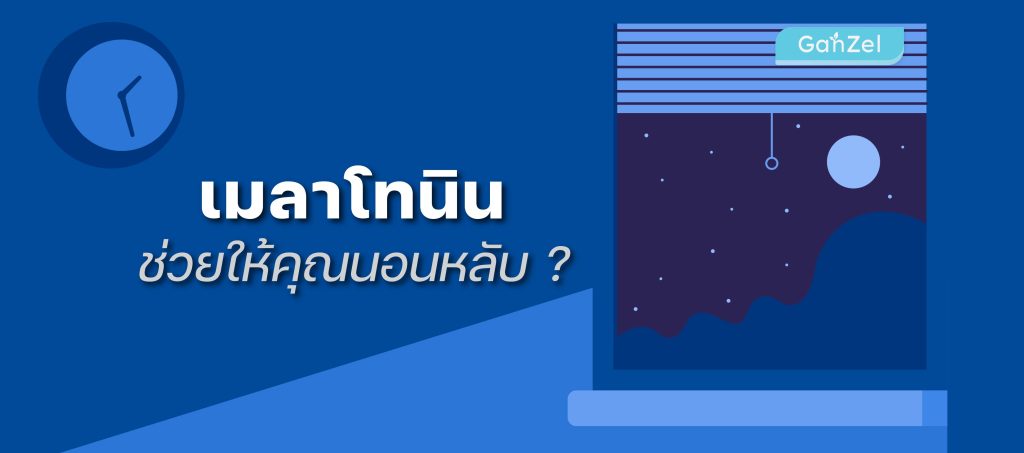Academic Articles
Melatonin Really Help You Sleep?
Does Melatonin Really Help You Sleep? An Evidence-Based Review
Melatonin, often referred to as the “sleep hormone,” has gained significant popularity as a natural sleep aid. But does it really live up to its reputation? This article explores the science behind melatonin, its effects on sleep, and the current research on its efficacy and proper usage.
What is Melatonin?
Melatonin is a hormone naturally produced by the pineal gland in the brain. Its production and release are influenced by the body’s circadian rhythm, often called the ” Biological clock” which is synchronized with the light-dark cycle of our environment.
The Mechanism of Melatonin Production
- Light exposure: During daylight hours, light entering the eyes stimulates a pathway from the retina to an area of the brain called the suprachiasmatic nucleus (SCN).
- SCN activation: The SCN sends signals to various parts of the brain that control hormones, body temperature, and other functions that play a role in making us feel sleepy or awake.
- Darkness trigger: As night falls and light levels decrease, the SCN signals the pineal gland to start producing melatonin.
- Melatonin release: Melatonin is released into the bloodstream, causing drowsiness and lowering body temperature, which helps prepare the body for sleep.
Common Misunderstandings About Melatonin
Despite its popularity, several misconceptions about melatonin persist:
- Melatonin is a sedative: Contrary to popular belief, melatonin does not induce sleep directly. Instead, it regulates the sleep-wake cycle by signaling to the body that it’s time to prepare for sleep [1].
- More is better: Higher doses of melatonin do not necessarily lead to better sleep. In fact, research suggests that lower doses (0.3-1 mg) may be more effective than higher doses [2].
- It works immediately: Melatonin is not an instant sleep inducer. It typically takes 1-2 hours to have an effect and works best when taken consistently at the same time each night [3].
- It’s suitable for all types of insomnia: Melatonin is most effective for certain types of sleep issues, particularly those related to circadian rhythm disturbances, rather than all forms of insomnia [4].
Benefits of Melatonin: What the Research Says
Several studies have demonstrated potential benefits of melatonin supplementation:
- Jet Lag: Melatonin has been shown to be effective in reducing jet lag symptoms, particularly when traveling eastward across time zones [5].
- Delayed Sleep-Wake Phase Disorder: Research indicates that melatonin can help people with this circadian rhythm disorder fall asleep earlier [3].
- Shift Work Sleep Disorder: Some studies suggest that melatonin may improve daytime sleep quality and duration in night shift workers [6].
- Age-related Insomnia: As melatonin production decreases with age, supplementation may be beneficial for older adults experiencing sleep difficulties [7].
- Sleep Onset Latency: Meta-analyses have shown that melatonin supplementation can reduce the time it takes to fall asleep, although the effect is modest [8].
Recommendations for Maximum Benefit
To optimize the potential benefits of melatonin, consider the following evidence-based recommendations:
- Timing: Take melatonin 1-2 hours before your desired bedtime to align with your body’s natural melatonin release [2].
- Dosage: Start with a low dose (0.3-1 mg) and increase gradually if needed. Higher doses have not been shown to be more effective and may increase the risk of side effects [9].
- Consistency: Use melatonin regularly at the same time each night for best results, particularly when addressing circadian rhythm disorders [3].
- Light management: Combine melatonin use with good sleep hygiene practices, including minimizing exposure to blue light from screens in the evening [10].
- Short-term use: For jet lag or short-term sleep issues, use melatonin for a limited time. Long-term use should be discussed with a healthcare provider [11].
- Quality control: Choose supplements from reputable manufacturers, as the melatonin content in over-the-counter products can vary significantly from the labeled amount [12].
Conclusion
While melatonin can be a useful tool for addressing certain sleep issues, particularly those related to circadian rhythm disturbances, it’s not a panacea for all sleep problems. Its effectiveness varies among individuals and depends on factors such as the type of sleep issue, timing of administration, and dosage. As with any supplement, it’s important to consult with a healthcare provider before starting melatonin, especially if you have ongoing sleep problems or other health concerns.
Remember, melatonin supplementation should be part of a comprehensive approach to sleep health that includes good sleep hygiene practices, stress management, and addressing any underlying health issues that may be impacting your sleep.

